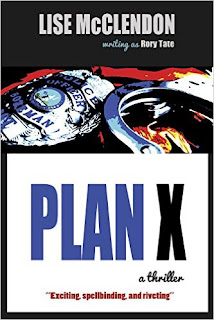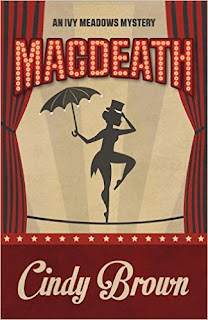Almost Caught Up with Shakespeare

Last week I sort of reviewed PLAN X, so I'll finish that today. I really liked the book: likable main character, good connection to Shakespeare's work, and lots of action. It's sad that we don't hear about books like this in the glut of stuff on the market. I get tired of hearing big publishers scream about "exquisitely written" novels (that aren't) and "compelling protagonists" (that make me yawn), but the whole deal in publishing today is hype. PLAN X is a good book. There were a couple of unresolved issues at the end, but since it's a series, I'm guessing that was intentional. Today's book is the third of the Shakespeare-related novels the four of us as promoting in the 400th anniversary of the Bard's death. NINE DAYS TO EVIL begins with the disappearance of a young woman's successful doctor husband. As police search for him, readers learn more about him, his wife, and their friends...and Shakespeare. I'll leave it



